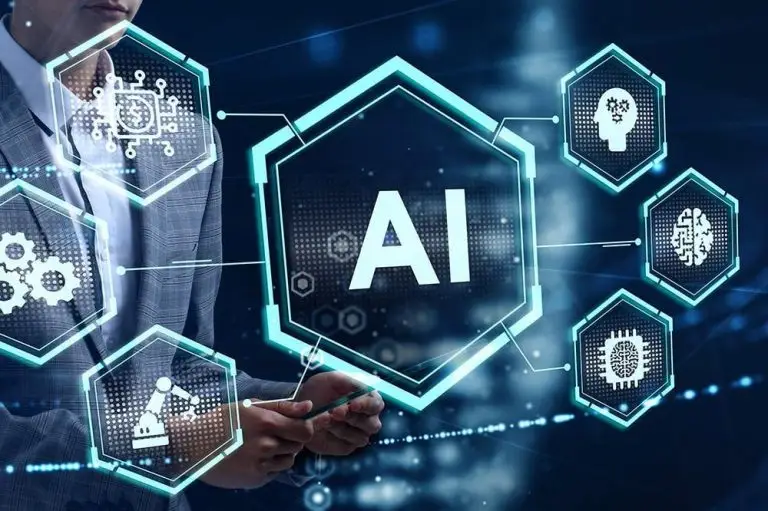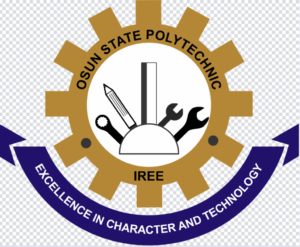Healthcare: How Artificial Intelligence is Saving Lives
Artificial intelligence (AI) is revolutionizing healthcare by significantly improving patient outcomes and saving lives.
One of the most impactful applications of AI in healthcare is in medical diagnosis.
Machine learning algorithms can analyze vast amounts of medical data, including images, genetic information, and patient records, to detect diseases at earlier stages and with greater accuracy than ever before.
This early detection allows healthcare providers to intervene sooner, offering patients more effective treatments and ultimately saving lives.
Furthermore, AI is streamlining healthcare operations, making processes more efficient and reducing the burden on medical staff.
Chatbots and virtual assistants powered by AI can handle routine administrative tasks, schedule appointments, and provide patients with valuable information, freeing up doctors and nurses to focus on patient care.
Additionally, predictive analytics algorithms can forecast patient admission rates, optimize resource allocation, and even identify patients at risk of deteriorating health conditions, enabling healthcare providers to intervene proactively and prevent adverse outcomes.
Moreover, AI-driven personalized medicine is transforming treatment strategies by tailoring therapies to individual patients based on their unique genetic makeup, medical history, and lifestyle factors.
This targeted approach not only improves treatment efficacy but also minimizes adverse effects, leading to better patient outcomes and ultimately saving lives.
As AI continues to advance, its potential to revolutionize healthcare and improve patient care is boundless, promising a future where medical interventions are more precise, accessible, and lifesaving than ever before.














Post Comment